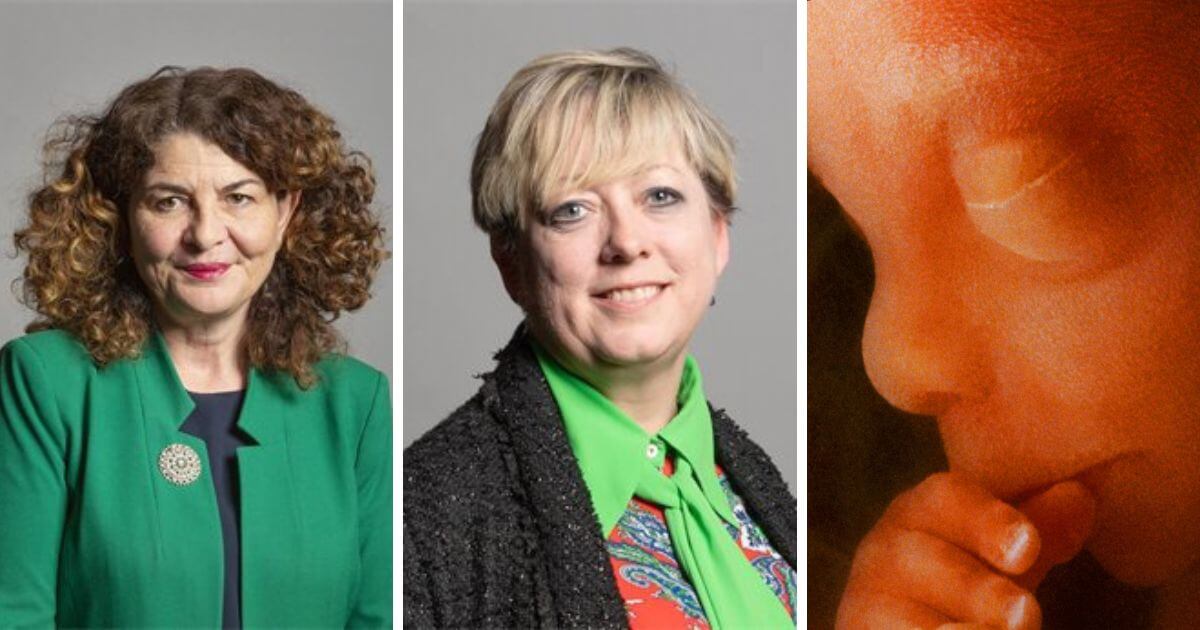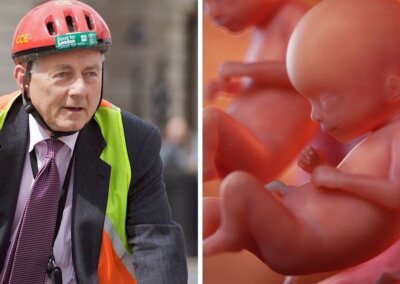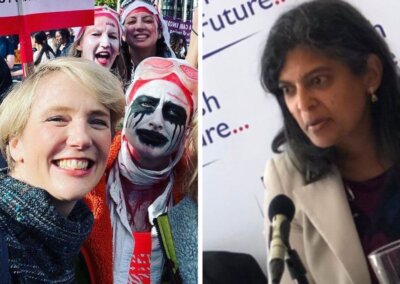Activist MPs used International Women’s Day as an excuse to push for fewer protections for unborn babies and mothers, with one MP even demanding abortion be made legal up until birth.
On 9 March, two MPs, Jackie Doyle-Price and Dame Diana Johnson, used International Women’s Day, which had taken place the previous day, to continue pushing their radical pro-abortion agenda in Parliament.
Doyle-Price said the safeguard of two doctors to approve an abortion should be removed and called for a “review… [to] highlight how the current abortion law is not fit for purpose”.
Abortion is a “monopoly service provided by two large abortion providers…shunted away into the back streets somewhere”
Doyle-Price also called for a move away from the UK’s two largest abortion providers, BPAS and MSI Reproductive Choices, describing current abortion provision as “a monopoly service provided by two providers in the independent sector”.
She also described the current abortion clinics that are run by these two large abortion providers as being “shunted away into the back streets somewhere”.
Another MP, Diana Johnson, who has been a long-time advocate for removing the safeguards in abortion law that aim to protect women and offer some limited protection for their unborn children, also spoke in the debate.
In 2021, Diana Johnson tabled an amendment to the Police, Crime, Sentencing and Courts Bill to ‘decriminalise’ abortion that, if passed, would have introduced abortion on demand, for any reason, up to birth, in England and Wales. After a large number of MPs spoke out against the amendment, Diana Johnson decided to not take that amendment to a vote.
In the debate the day after International Women’s Day, she was back calling for abortion to be ‘decriminalised’. She said “Really, until we decriminalise abortion and treat it as a healthcare matter, we really will not get rid of the stigma. That seems to be the thing that we need to do in this country—decriminalise it and treat it as a healthcare matter…”.
In reply, Doyle-Price said that abortion should not be completely decriminalised because of cases of abortion coercion.
The day before the debate, on International Women’s Day itself, the Foreign, Commonwealth & Development Office (FCDO) launched a new initiative “to tackle gender inequality around the world” with the use of over £200 million of taxpayers’ money for programmes that provide abortions and fund ‘pro-choice’ campaigns in Africa and elsewhere.
A Government paper called ‘International Women and Girls Strategy 2023–2030‘ accompanying the launch of the initiative explains that one of its goals is to “prioritise the often-neglected issue of safe abortion”.
Right To Life UK spokesperson Catherine Robinson said “It is sad to see our MPs from both of the largest political parties pushing the same tired rhetoric that pits women against their own children and sees abortion as ‘healthcare’.”
“We should not pretend that calling for abortion to be made legal up until birth is anything other than completely barbaric, and Diana Johnson should be ashamed for her advocacy for this.”












